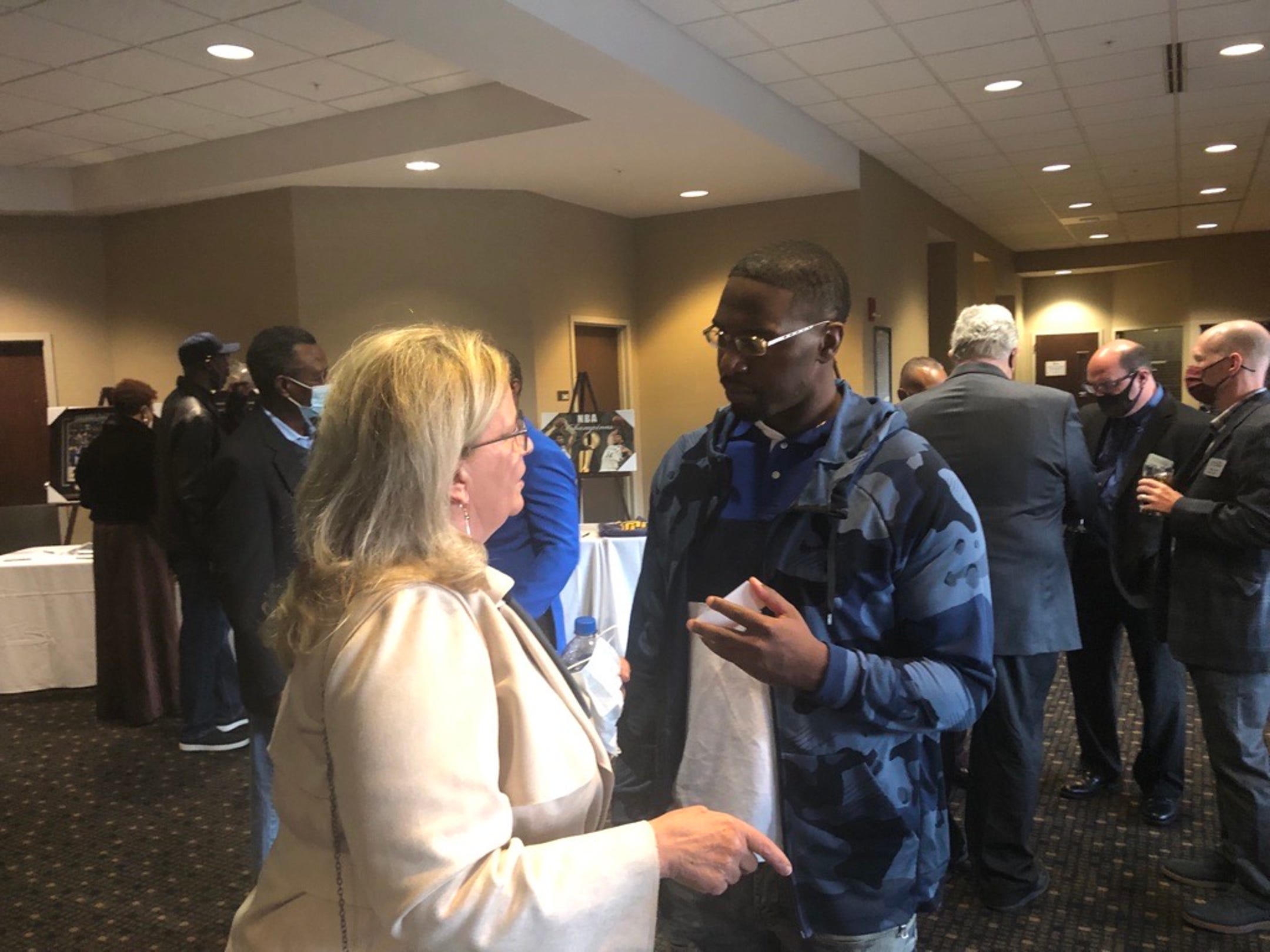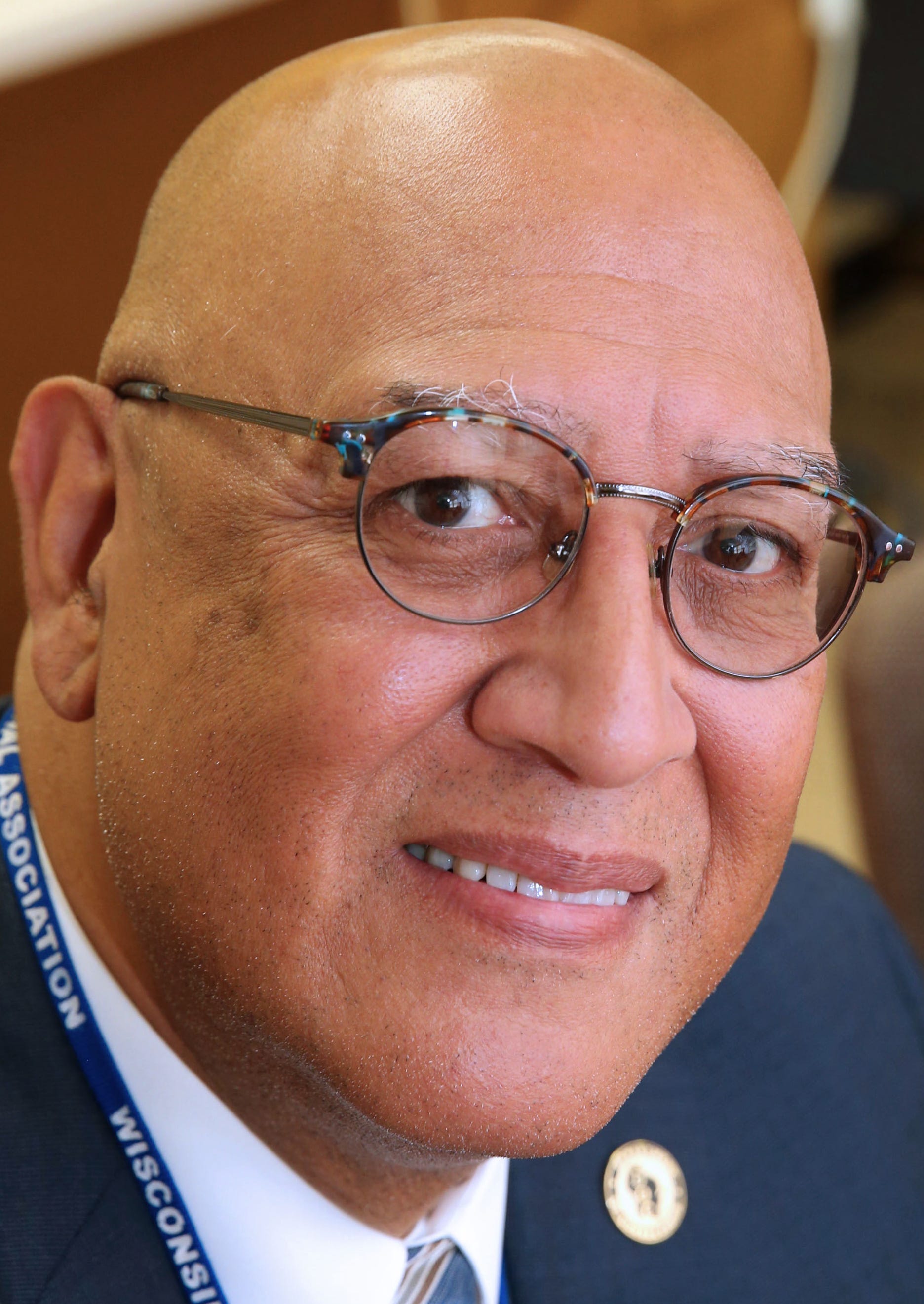
Marlin Dixon makes a connection at a Project RETURN gathering at Marquette University in October. A number of prison activists in attendance tried to help Dixon with job, church and housing resources. James Causey / Milwaukee Journal Sentinel
Early in his career, Kevin Carr learned the importance of holding people accountable for their actions.
But at a recent gathering involving mostly former inmates, the secretary of the Wisconsin Department of Corrections said it's not enough to ensure the safety of others.
“If accountability was all that it took, incarceration all by itself would work, but it doesn’t. People would leave our system reformed and go back into their communities and never return,” he said. “Our incarceration rates are too high, and we lock up too many people for too long and at too high of an expense without enough to show in the way of results.”

Carr has worked more than four decades in the criminal justice system, spending a large amount of that time working with youths. He spoke those words in October to a gala at Marquette University’s Alumni Memorial Union celebrating Project RETURN’s 41 years of service to the formerly incarcerated.
The organization's mission is to help men and women make a positive, permanent return to the community.
Most of the 200 people in attendance had served time behind bars. One of them was Marlin Dixon, released about a year earlier after 18 years in prison for his role in the infamous 2002 north side Milwaukee beating death of Charlie Young Jr.
Dixon was 15 when he was sentenced in adult court; he has spent more than half his life incarcerated.
Carr rattled off a list of initiatives that were called for in Gov. Tony Evers’ 2021-23 executive budget:
- Expanding the Opening Avenues to Reentry Success program that supports the prison-to-community transition.
- Expanding the Windows to Work program that promotes self-sufficiency for individuals returning to the community
- Expanding the Earned Release Program and substance-use disorder programming.
- Adding more beds to the Alternatives to Revocation program that allows inmates to complete their sentences in communities instead of in custody.
- Expanding the adult basic education program, and in the process shortening the waitlist.
“Now all of these sound good, but unfortunately, a number of these initiatives were removed or cut by the Legislature,” Carr said to boos from the crowd.
Sen. Lena Taylor, (D-Milwaukee) who was in the crowd, stood up and said, “By the who?”
“By the Legislature,” Carr repeated.
“That wasn’t by our side,” Taylor said, making sure the crowd knew Republicans stripped out the provisions.
Carr agreed.
Taylor has made it a point to visit state prisons. One of the men she spoke to on one of those visits was Dixon, when he was at Waupun.

“I will never forget what she said. She told all of us to keep our heads up and never give up,” Dixon said.
When he came face to face with Taylor at the Project RETURN gala, he said: "I just wanted to say thank you for speaking out. You may not know it, but it meant a lot.
The two hugged.
“This warms my heart knowing that my words helped,” Taylor said.


